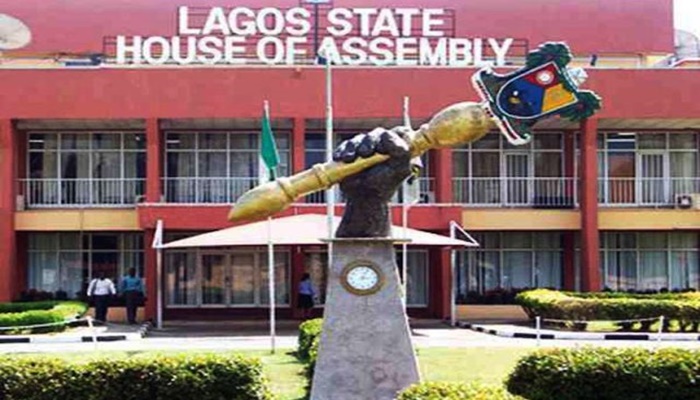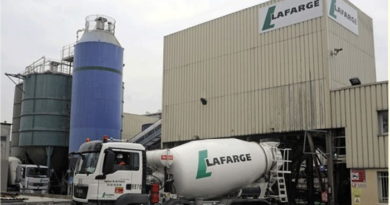Open-grazing, VAT bills pass second reading in Lagos Assembly
In order to stop open grazing of livestock and possession of dangerous weapons by unauthorised persons in the state, the Lagos state government has proposed 21-year jail term for any herder found with firearms.
This is as the House also read for the first and second time the state’s Value Added Tax bill and asked the committee on finance, which is handling it, to report back on Thursday.
The 21-year jail term was contained in a bill tittled ” Prohibition of Open Cattle Grazing Bill, 2021″ sent to the House by the executive branch.
While debating the bill during plenary session on Monday, the members of the State House of Assembly who suspended their recess to deliberate on the bill, condemned the incessant moving of cattle by herders openly on farms and roads in the state, adding that trespassing on people’s land would continue to threaten peaceful coexistence in the country.
Speaker of the House, Rt. Hon Mudashiru Obasa, described the ‘Prohibition of Open Cattle Grazing Bill’ as timely and one that would ensure harmonious relationships between herders and farmers and protect the environment of the state and the southwest zone.
The Speaker also suggested that the bill should make provision for the registration of herders and prepare them for ranching.
“Allocating percel of land is not enough but there should be training of those who would go into ranching,” he said, noting that ranching is expensive and requires adequate preparation.
On the bill on VAT, Speaker Obasa said it would lead to “increase in revenue and increase in infrastructural development. This is in line with fiscal federalism that we have been talking about.”
Obasa said the VAT law when passed, would help the state meet challenges in its various sectors. He also urged the Lagos State government to do everything legally possible to ensure the judgement of a Federal High Court, Port Harcourt, was sustained even up to the Supreme Court.
He lamented a situation where about 500 billion was generated from Lagos State while 300 billion was generated from other southwest states and paltry amounts was disbursed to them in return.
“It is an opportunity for us to emphasise again on the need for the consideration of true federalism,” he said.
Speaking earlier on the bill on open grazing, Hon. Bisi Yusuff (Alimosho 1), lamented the havoc that herdsmen had caused in the Southwestern zone.
According to him, farmers have continuously become afraid to visit their farms thus causing shortage of food. He also said many farmers had become indebted as they now find it difficult to pay back loans they secured.
He said it was lamentable that cattle roam the streets causing accidents and embarrassing people.
He advocated for stiffer penalties for herders caught carrying firearms.
His position was supported by Hon. Kehinde Joseph (Alimosho 2) who said open grazing in the 21st century is an aberration.
Joseph said the bill would ensure peaceful coexistence, reduce crime and help to guide the activities of herders.
On his part, Hon. Olumoh Saad Lukeman (Ajeromi-Ifelodun 1), suggested that the high court should be made to handle cases from the enforcement of the bill when passed or that the state should establish special courts for such purpose.
Hon. Gbolahan Yishawu, in his contribution, described Lagos as a cosmopolitan state and, as such, seeing cattle in the streets is worrisome.
He expressed support for the bill because, according to him, it would give a level of security to the state and help reduce economic losses. He added that Lagos had 250 hectares of land in Ikorodu and another 750 hectares on Epe for ranching.
Hon. Tobun Abiodun (Epe 1) said it was common to see cattle going to school as if they want to learn while Hon. David Setonji (Badagry 2), recalled “a time we went on oversight function in a school here in Lagos. We were embarrassed by cattle. We had to wait for the herder to move the cattle before we embarked on our oversight function.”
Setonji suggested a collaboration between men of the Neighbourhood Safety Corps and the police in the implementation of the law when passed and assented to.
Other lawmakers who contributed during plenary include Hon. Adedamola Richard Kasunmu, Hon. Rasheed Makinde and Hon. Sanni Okanlawon.




